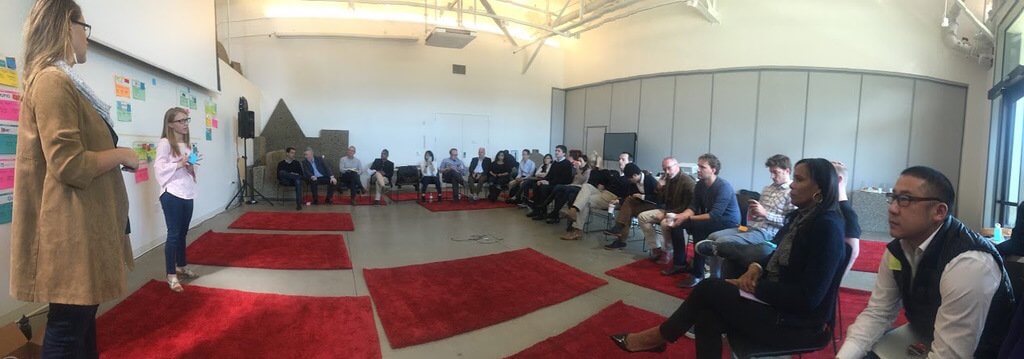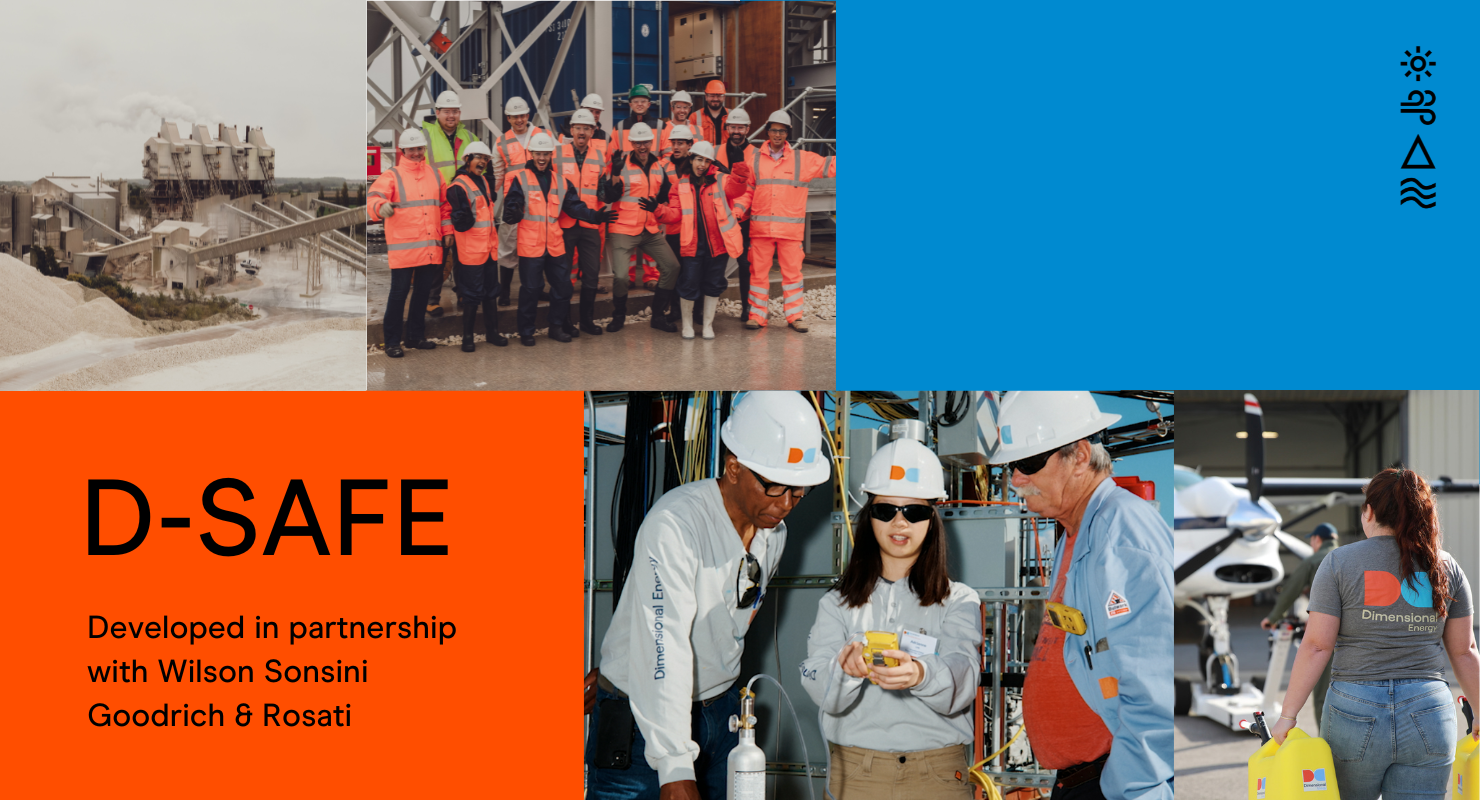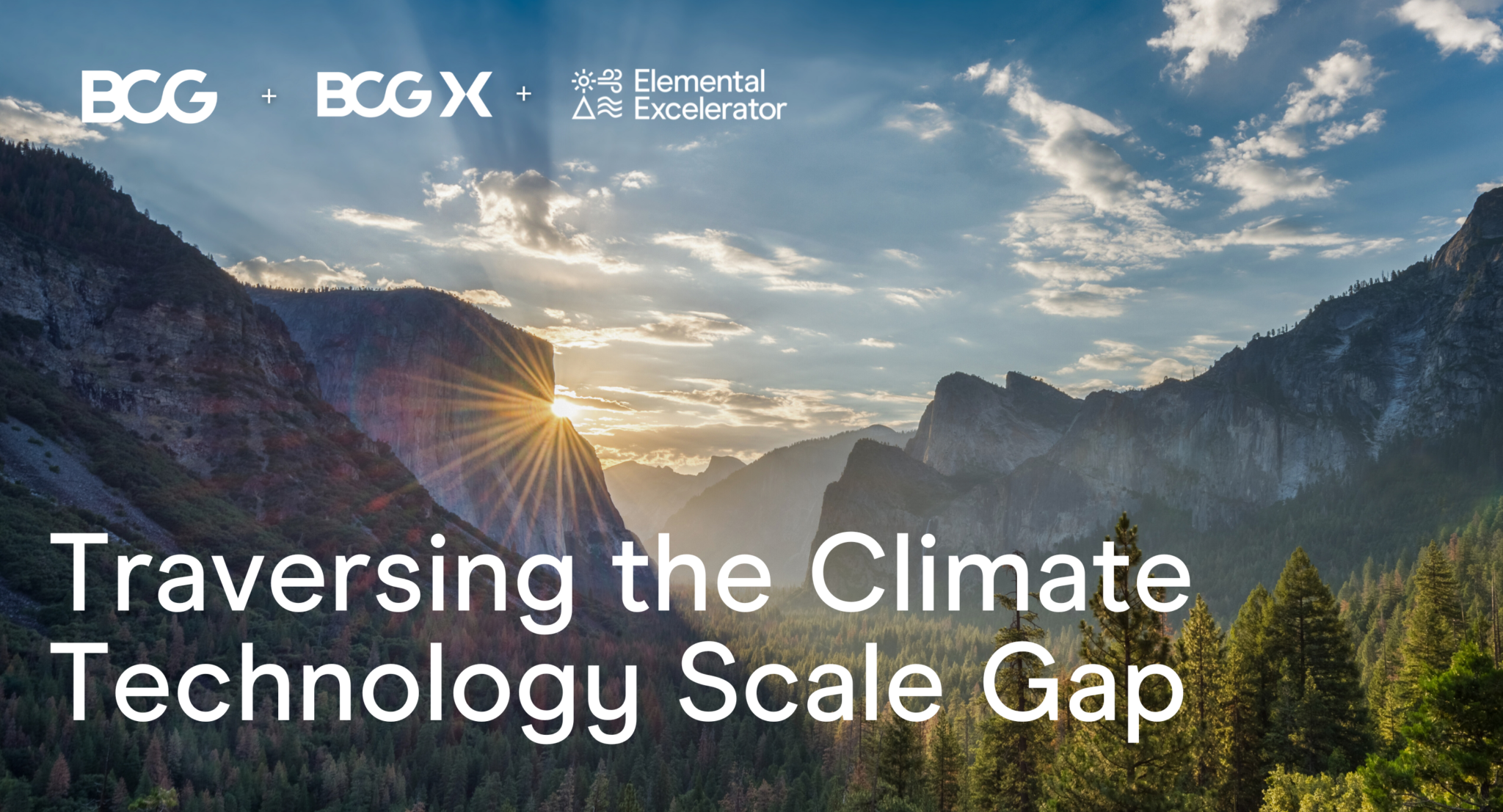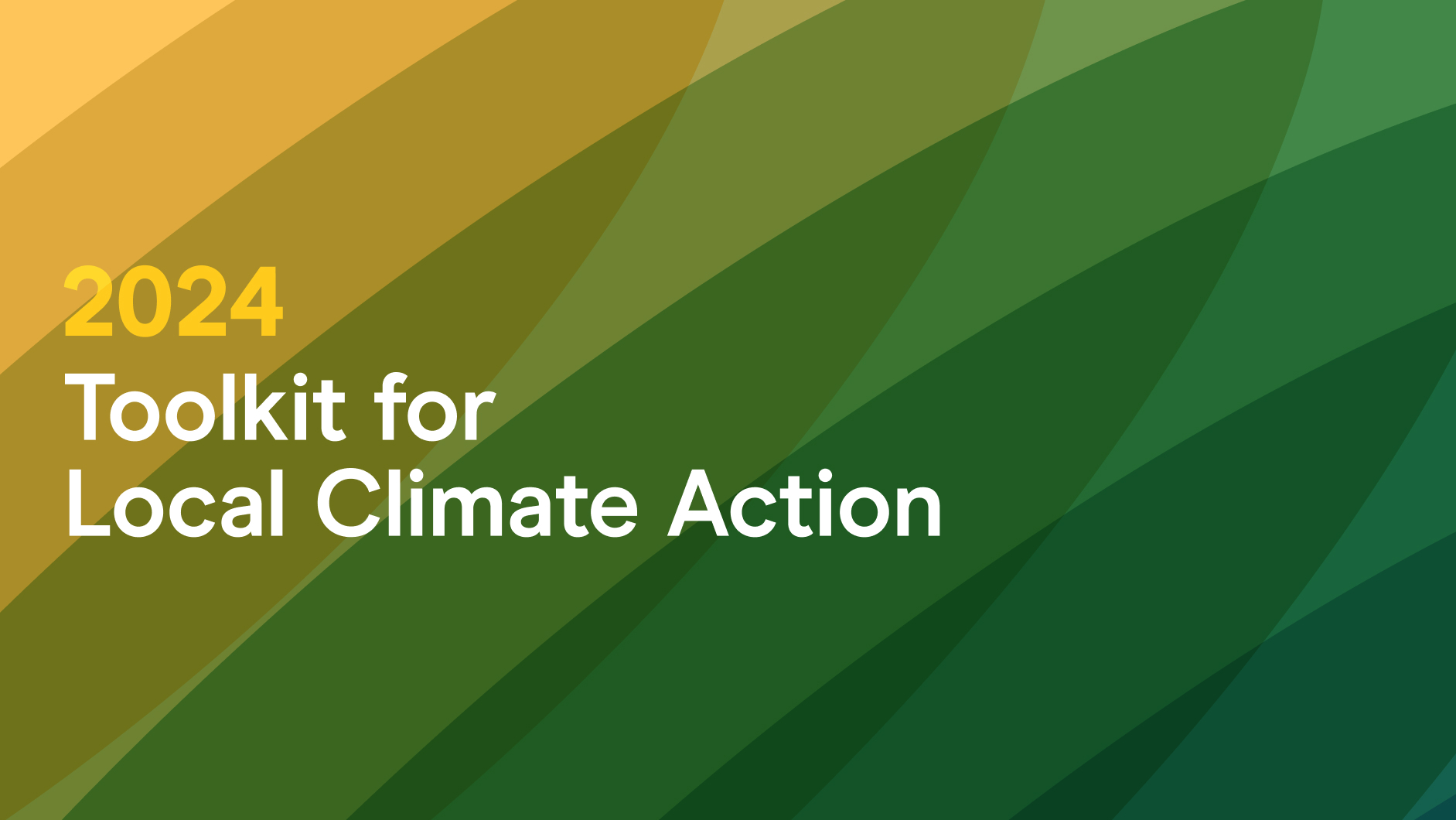
Free Electrons: Notes from the Road
by Ramsay Siegal and Ryan Kushner
“Entrepreneurs as ‘soloists’ will be replaced by orchestras playing a stronger, more credible tune.” — Steve Case, The Third Wave
A New Approach To Energy Innovation
In February, Elemental Excelerator was selected to facilitate Free Electrons, a global utility accelerator program backed by some big names in energy innovation – AusNet Services (Australia), DEWA (Dubai), Electricity Supply Board (Ireland), Energias de Portugal (Portugal), innogy (Germany), Origin Energy (Australia), Singapore Power (Singapore), and Tokyo Electric Power Company (Japan). We wrote about its unique structure and our involvement in the program here.
In March, we facilitated the cohort selection and due diligence process in San Francisco with two representatives from each utility. These individuals primarily sit within the venture teams at their utilities, and are responsible for sourcing the newest and most innovative technologies for pilots, investments and potential acquisitions. While we were together with the Free Electrons consortium in San Francisco, we facilitated video interviews with each of the finalists, and a special EEx-style ‘Marketplace’ session where the utility reps worked together to narrow the field down from 301 applicants to a cohort of 12.

We were asked – how could you possibly get eight utilities to agree on anything?
At Elemental Excelerator, we have been working on the cohort selection alchemy for six years, across 10 cohorts and 53 companies. We’ve studied many models, watched companies succeed and fail, and refined the facilitation process along the way. We use a process unlike VCs or government grant programs.
We’re not just looking for the best technologies. We’re looking for dynamic teams and an interesting balance of technologies that tell a story about the cohort. Our cohort selection thesis is based around 3 key elements:
1. Team
The success or failure of a new venture almost always comes down to the people running the business. It impacts how likely entrepreneurs are to attract investors, new customers, and talented team members. Building a startup in the energy and cleantech space is one of the hardest things you can do – we test for grit, commitment to the mission, willingness to pivot and iterate based on market feedback, a collaborative mindset, and coach-ability (the ability to listen and incorporate feedback).
2. Market Pull
We spend a lot of time with our Global Partners, multinationals organizations, utilities and government stakeholders to understand trends, gaps in the market, and creative opportunities for innovation. In the context of Free Electrons, the test for market pull was particularly dynamic because the eight voting utility members were also customers with the ability to implement new technologies on their grids.
3. Select Non-Competitive Technologies
We believe that selecting non-competing companies for a cohort allows startups to collaborate and support each other as friends and colleagues, rather than see each other as competitors. We also keep an eye toward possible collaborations between companies in order to enable more comprehensive solutions.
After hundreds of phone calls, scoring, analysis and rich discussion, here are the 12 startups selected by the Free Electrons consortium:
APERIO (Israel)
BeON (Portugal)
climote (Ireland),
DataGlen (India)
DEPSYS (Switzerland)
driivz (Israel)
Greencom Networks (Germany)
HST Solar (USA)
OhmConnect (USA)
Simple Energy (USA)
Tempus Energy (UK)

“Over the first module of the free electrons program, I was surprised by the diversity, complementarity and spirit of the cohort. While intangible, there was a clear shared vision and value within the cohort that together everything is possible.” – Saad Youssefi, Director of Corporate Development + Finance, HST Solar
The results
We’ve gone from startups as strangers, to a cohort of collaborators in a week, and are quickly on the road to chalking up wins towards one of our key performance indicators (KPIs): the number of commercial agreements between utilities and startups. We’ve known that agreements were KPIs since the beginning, but we’re also now tracking emerging agreements and collaborations between the startups themselves – combinations of services, like demand response + IoT + cybersecurity, that together make a more attractive offering than each technology alone. That’s the cohort model, in action.
“Free Electrons was like a whistle calling us all into a swarm heading into the same direction. Still upstream, but not alone anymore.” – Peter Müller-Brühl, Chief Operating Officer, GreenCom Networks




